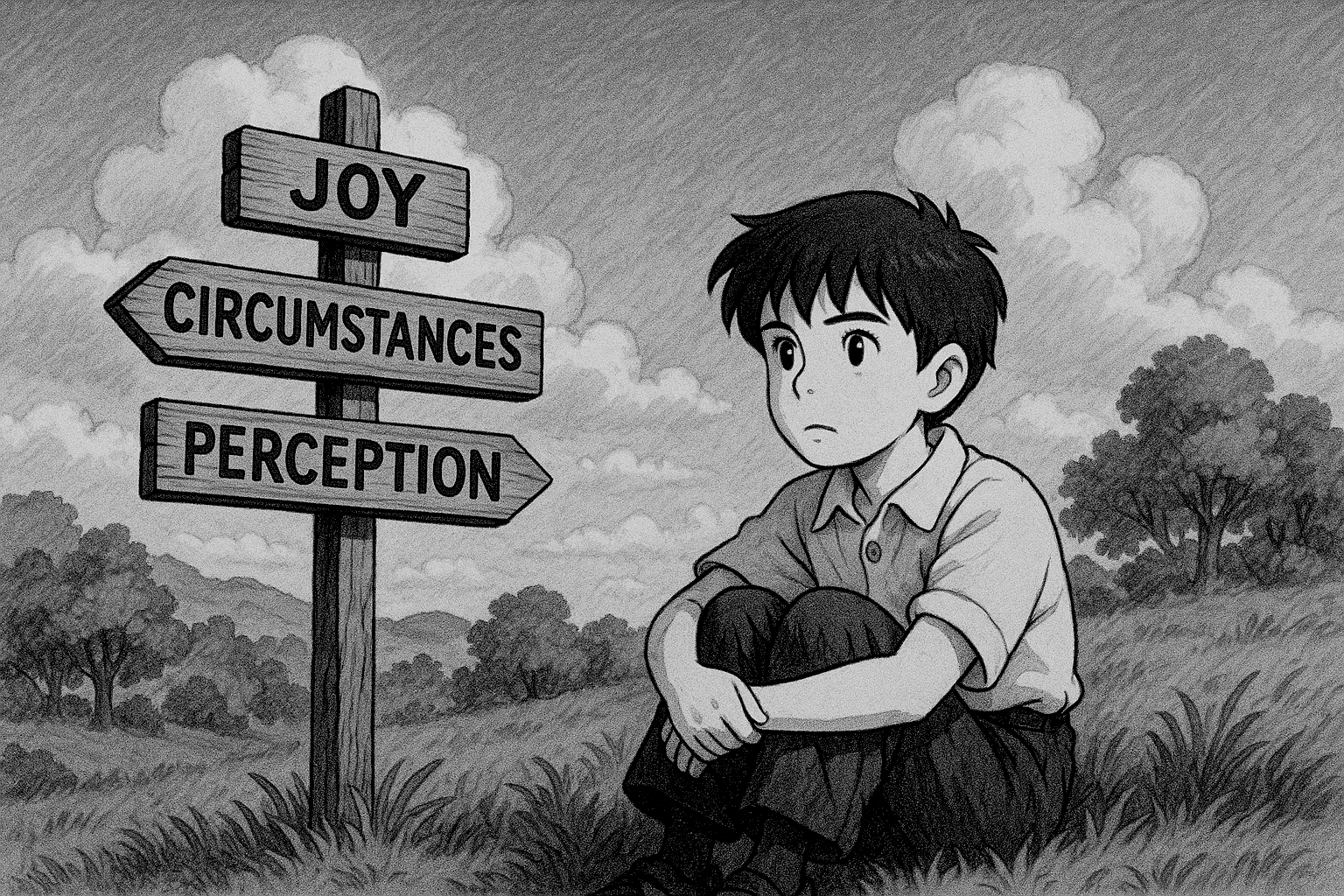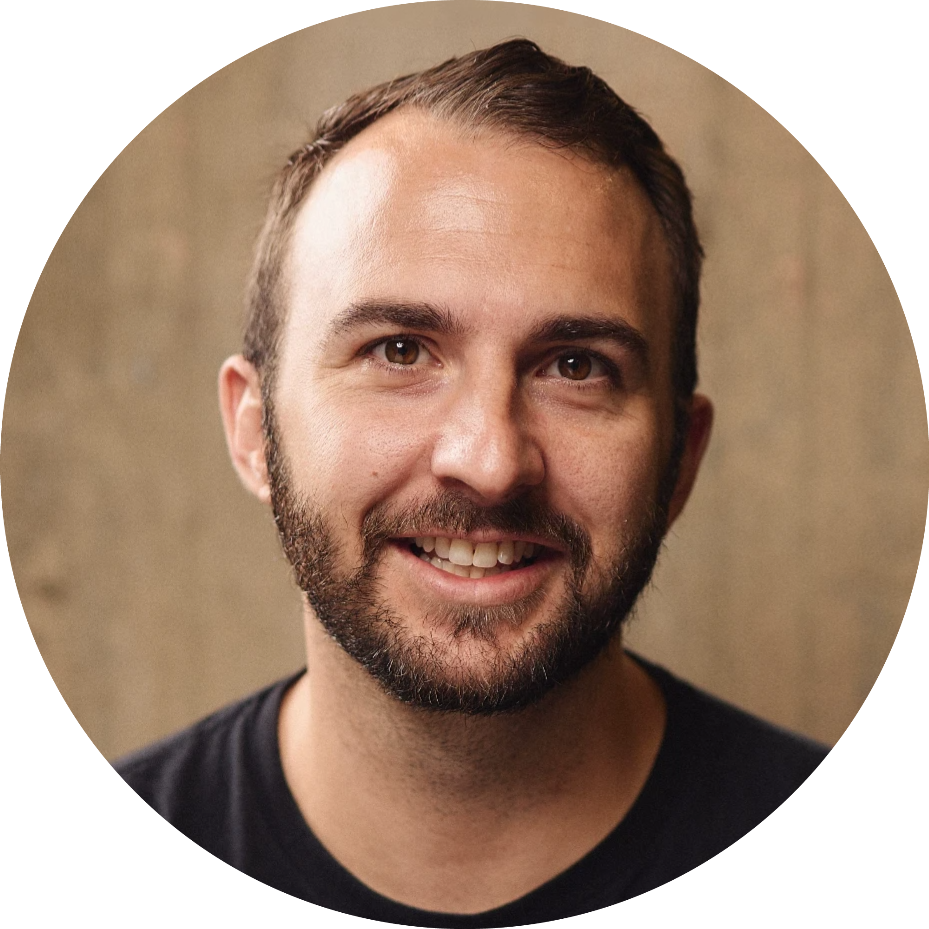 This morning I tweeted: “Most people don’t actually know what’s ‘best’ for themselves.”
This morning I tweeted: “Most people don’t actually know what’s ‘best’ for themselves.”
And atomiczsec replied and said “How do you find what is best and align with it?”
As an aside, I feel like this post could be titled “How to maximize your happiness and satisfaction at a meta level” because I don’t get into the nitty gritty of what an individual should do, but rather how to optomize the high level factors.
The Question
That’s a philosophical question, to be honest. But I LOVE practical information much more than philosohpy. So here’s my framework for answering it practically.
Religious beliefs naturally play a big role in aligning your actions with your beliefs. For example, I personally think the best thing a person can do is love Jesus. But let’s put that aside for a second.
Most people, regardless of religious beliefs, come to the conclusion that they want to maximize happiness and satisfaction.
Three Key Factors
The main 3 factors that determine the joy and satisfaction you can generate are:
- How much time you get to experience joy/satisfaction: longevity, basically—but optimizing for quality of life instead of just length of life
- How you perceive your circumstances
- Your actual circumstances
Knowing vs. Doing
I’ll break those down, but first I want to say that there are 3 key requirements to each of those 3 factors:
- Knowing how to optimize them (intelligence problem)
- Wanting to optimize them (willpower problem)
- Actually doing the thing to optimize them (discipline and circumstances problem)
People fall off the boat at each of those steps. Luckily, the internet and AI basically satisfy the first requirement. Reminders, tools, and accountability can help solve the last one.
The second one is really difficult to solve. Personally, I got motivated by consuming content from people who were super motivated. So if I had to help someone create a desire to optimize themselves, I’d recommend they read and listen to content from people who are already doing what they want to do.
And more than that, I’d ask them this question: “Who do you want to be one day, and how do you want to be remembered when you’re gone?”
Alright, back to the 3 factors that determine your ability to experience happiness and satisfaction.
Factor 1: Longevity
The main ways you can maximize this are by eating well, sleeping enough, and exercising. But you can also make money and use that money to buy better healthcare, etc. For most things in life, I use the 80/20 rule: try to get the most benefit from reasonable effort. Especially with 3 young kids, I go for the low-hanging fruit.
I could talk about health for a long time, but rather than rant, I’ll just say that I love having access to content from people like Bryan Johnson, Peter Attia, Andrew Huberman, and others.
Factor 2: Perception
This is the factor that you have the most control over. You can change your perception by changing your framing of your life. For example, if you believe that you are a victim, you will perceive your circumstances as bad. But if you believe that you are a survivor, you will perceive your circumstances as good.
Naval says wanting is a contract you make with yourself to be unhappy until you get what you want. So if you want nothing, you can be happy with nothing. This is provably true by spending time with people in third-world countries. There are people with absolutely nothing that find joy and happiness and satisfaction.
So I think regardless of optimizing #1 and #3, you should always be working on being more content with less. This is also a place where faith comes in. I think you can be wholly satisfied and joyful by simply loving God and spending time with Him.
Factor 3: Circumstances
This is the factor that you have the least control over. But it’s still pretty significant. The main ways you can maximize this are by using your free will to make big decisions. Break up with the douchebag. Move closer to your loved ones. Get married. Have kids.
You can work harder and make more money and use that to change your life. You can also make friends and enjoy that community.
Finding Balance
I think the sweet spot is when your able to enjoy everything, while being content if you have nothing. And most people should still be trying to improve their life in tangible ways.
Some people get stuck in “being content with less” and never change anything, while others grind endlessly hoping success will bring them joy. If you can be grateful for everything, even the setbacks and small wins along the journey, then the outcome is just gravy.
Community
Also, almost none of this works well in isolation. I believe God made us for relationships-for community, for shared burdens, for encouragement. I think joy gets multiplied when it’s shared with others.
When I think about my happiest moments, it’s: dinners with friends, playing with my kids, dancing with my wife, helping real people, and celebrating with peers.
Wrapping Up
I post more technical content than non-technical content, but I think the non-technical content like this post can be just as important. Hope you enjoyed it. 😊
This post is pretty similar to my How To Spend Time post if you want to check it out.
- Joseph
You can sign up for my email list to know when I post more content like this. I also post my thoughts on Twitter/X.
